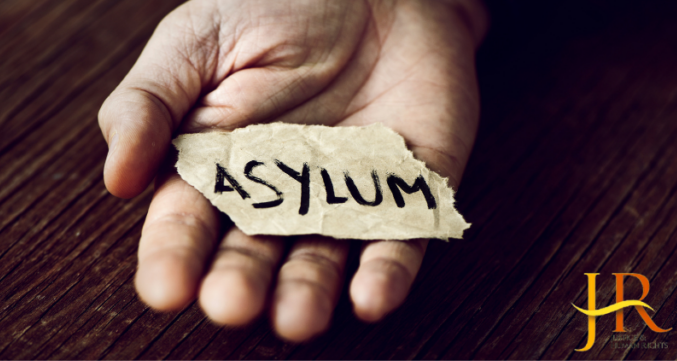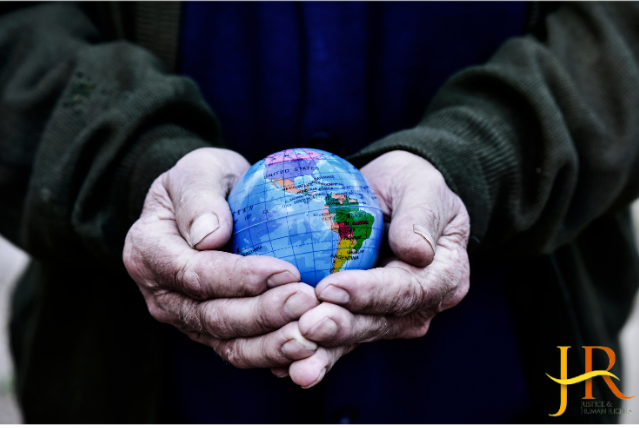Migration is one of humanity’s oldest stories, a journey that millions have undertaken throughout history. So, why do people leave their homes, families, and everything they know behind? The answer often lies in one of the most human emotions: hope—hope for a better future, a safer life, or simply the hope of surviving another day.
Every person who migrates carries a story—often one filled with pain and sorrow. Whether escaping war, poverty, persecution, or political unrest, migration is rarely a choice made in comfort. It is often a desperate last resort when staying means facing danger or despair.
Escaping Violence and War
One of the most common reasons people migrate is to escape violence and conflict. For many, home becomes synonymous with fear. Civil wars, military invasions, and gang violence tear families apart, forcing people to cross borders with just a few belongings.
Imagine the pain of leaving the place where you grew up, where your children took their first steps. You don’t want to leave, but staying means risking their lives. This is the heartbreaking reality for millions of refugees worldwide. They don’t want to leave, but they have no other choice.
Fleeing Persecution
For some, migration is the only way to escape persecution. People are targeted for their religion, ethnicity, political beliefs, or gender. In some countries, simply expressing an opinion can lead to imprisonment or worse. For these individuals, migration becomes the only hope for freedom.
These people, like everyone else, dream of raising their children in peace, working, and contributing to society. But their identity or beliefs make them targets, forcing them to seek asylum in distant lands.
Seeking Economic Survival
Poverty is another powerful driving force behind migration. For many, the lack of basic necessities—food, clean water, education, and healthcare—means that life in their homeland is a constant struggle. People migrate to offer their families a better future or a more humane life. They hope for opportunities in a new land that don’t exist where they come from.
Imagine watching your child go to bed hungry every night. No matter how hard you work, it’s never enough. Migration offers a chance to break this cycle and create a life where basic human needs are met.
The Dream of a Dignified Life
At the heart of every migration story is a deep yearning for human dignity. The Universal Declaration of Human Rights states that every person has the right to live with dignity. Yet many are deprived of this right in their own countries.
People migrate because, deep down, they believe they can find a place where they will be treated with respect, where their human rights will be protected, and where they will be seen only just human beings.

The Reality of Migration: Challenges and Losses
However, migration does not come without its costs. For many, the journey itself is dangerous. Families are separated, and those who survive often find themselves in unknown lands, full of uncertainty. The trauma of leaving one’s homeland is compounded by the difficulty of building a new life in a foreign country.
The loss of one’s homeland is profound. A migrant leaves behind not just a physical space but a part of their soul. Yet, they continue on this path because the hope for their future outweighs the pain of what they leave behind.
A Call for Compassion
At Stichting Justice and Human Rights, we believe that migration should not be met with fear or rejection. These are not just masses of people but individuals with dreams, families, and stories. They are people seeking security, opportunity, and dignity. We must acknowledge their courage and resilience and understand that migration is not just about crossing borders—it’s about human rights and the struggle for survival.
In the end, we must ask ourselves: What kind of world do we want to live in? One where we exclude and ignore people in need, or one where we extend a helping hand? The answer lies in our choice, and this choice defines who we are.





